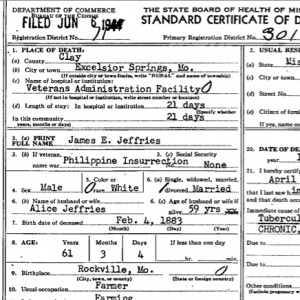I wrote a month ago about finding my grandmother on the 1920 census and being surprised that at the age of 13 my grandmother was classified as a farmer. I noted that her brother, Wilson, also a farmer, was 7 and didn’t know how to read or write. I noticed that in the 1930 census, after they’d moved to Washington state, Wilson was in school and could read and write. That seemed like an achievement.
Just now I discovered that Wilson is William Wilson Rasco, aka my father’s Uncle Bill. I remember him when I was a child. He was loads of fun and would howl in pretend pain when my brothers and I would give him “Indian burns” (i.e. rub his wrist in a twisting motion that’s supposed to hurt.) I knew he was a minister, but he never seemed like one to me, because he was so much fun.
As part of my family history research, I came across an obituary for Uncle Bill, in the Seattle Times. He died in 1996 and was a very accomplished and prominent leader in the United Presbyterian Church in Washington, North Idaho and Alaska.
So thanks to the joys of family history research, this person has gone from the name of a seemingly illiterate boy farmer in Texas to an influential minister with a doctorate in divinity. And a man whose infrequent visits delighted me as a little girl.
Incidentally, the obituary contained this nugget:
A 1978 Seattle Times story noted that Rev. Rasco’s fate was sealed at a young age. His mother, wife of a Yakima County orchardist, almost died in childbirth and vowed to commit her son to the ministry.
Since I’m not directly descended from this William Rasco, I haven’t been researching him. But finding his obituary led me to a newspaper story that let me know my great grandmother almost died in child birth and that my great grandfather was an orchardist. Of course, I need to verify this information, but it’s just another tantalizing thing to look into.

